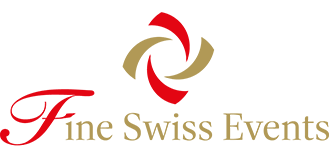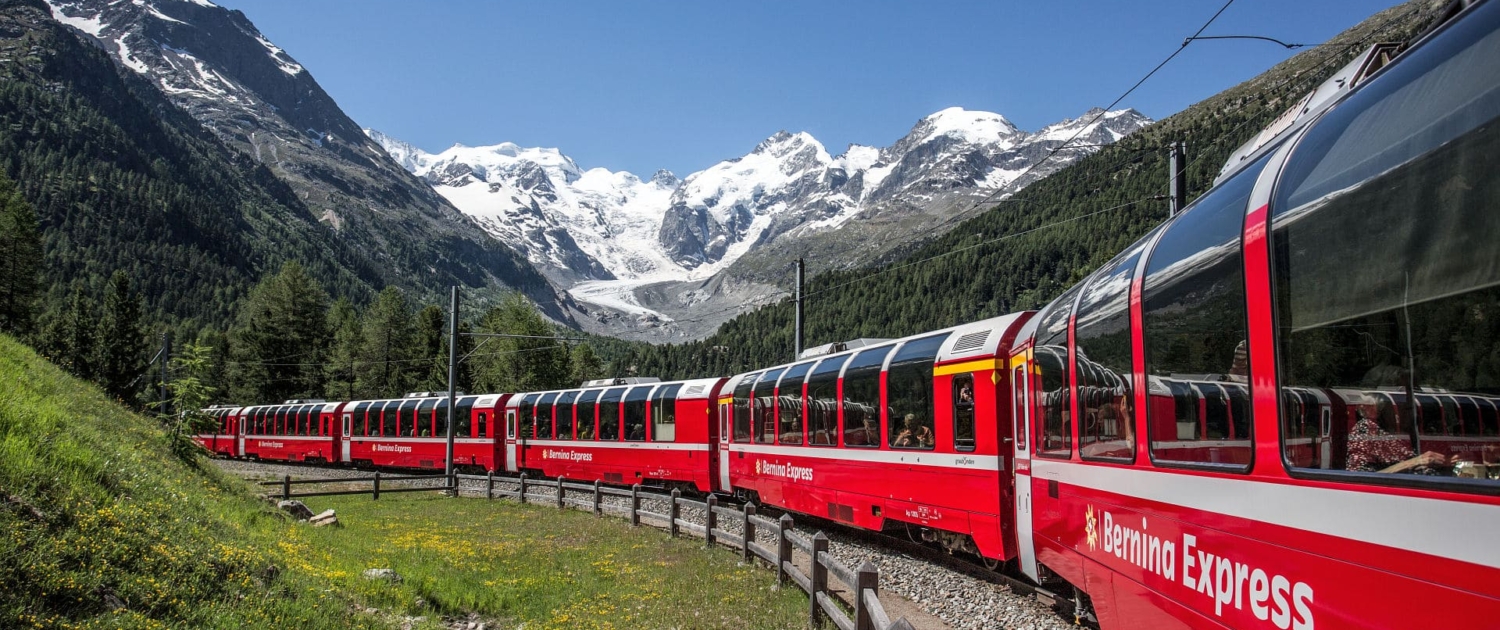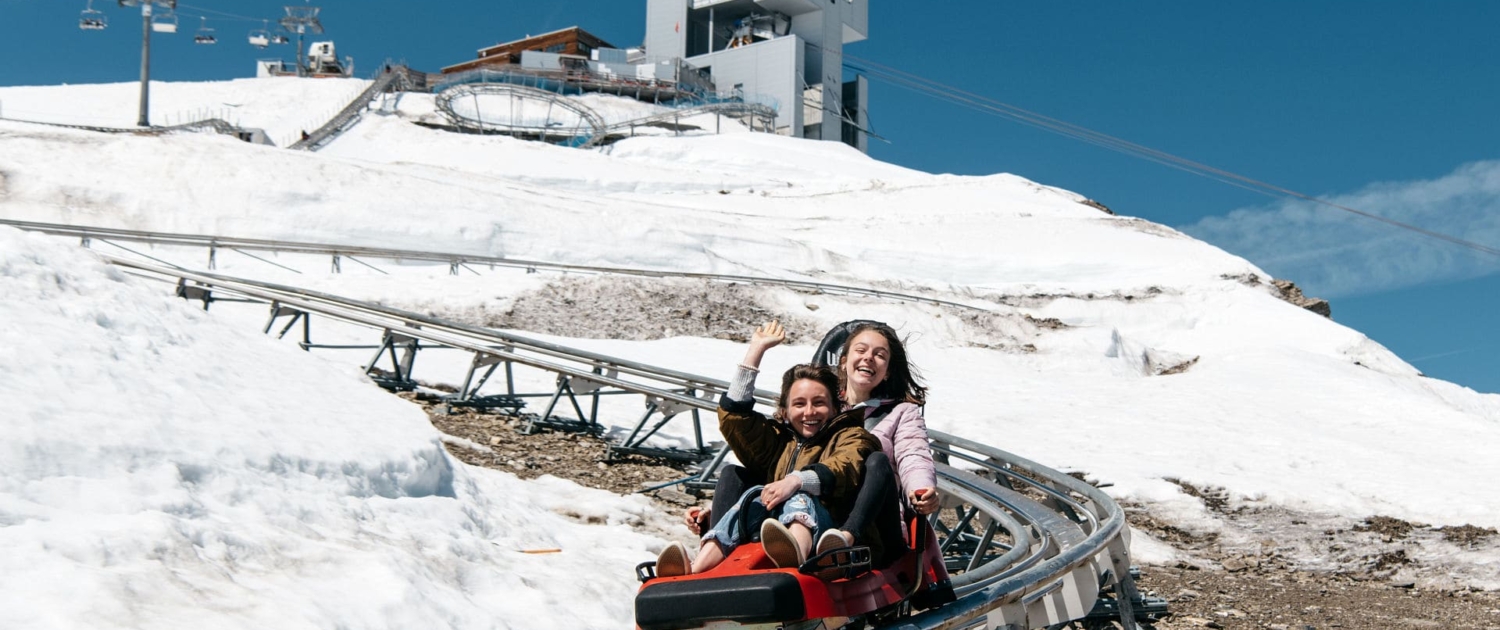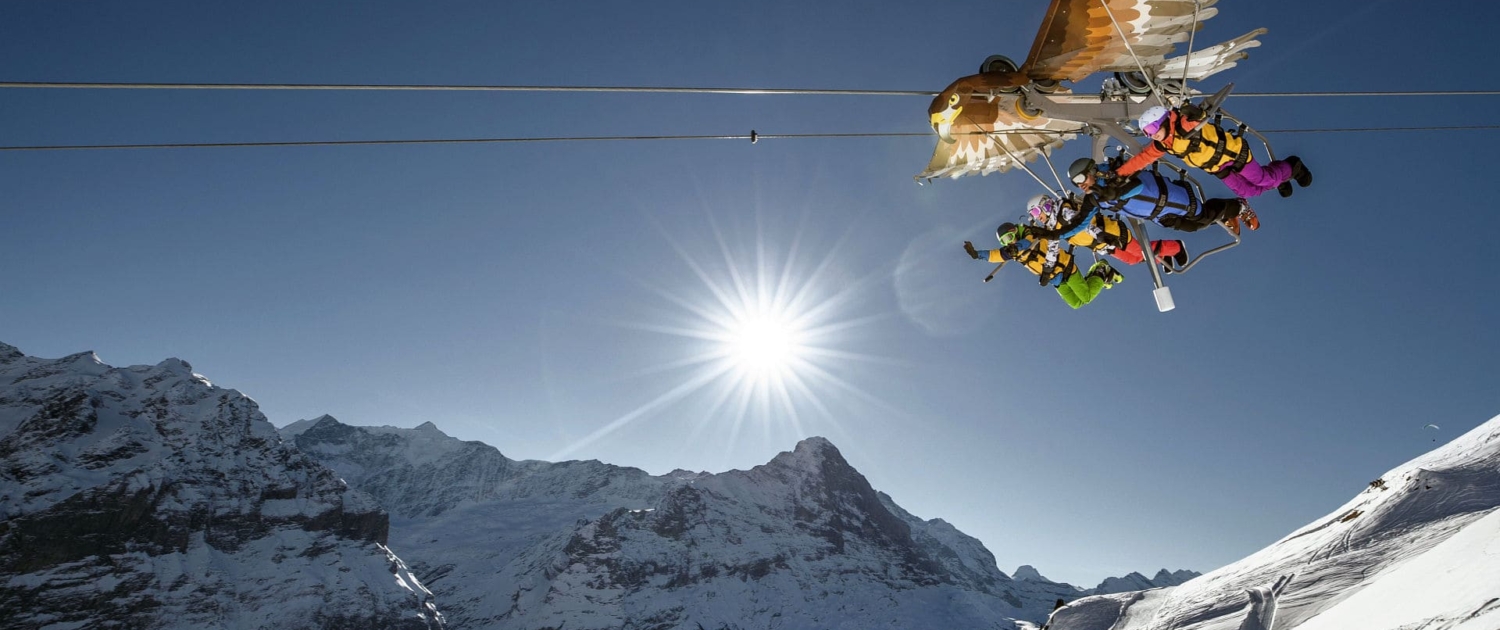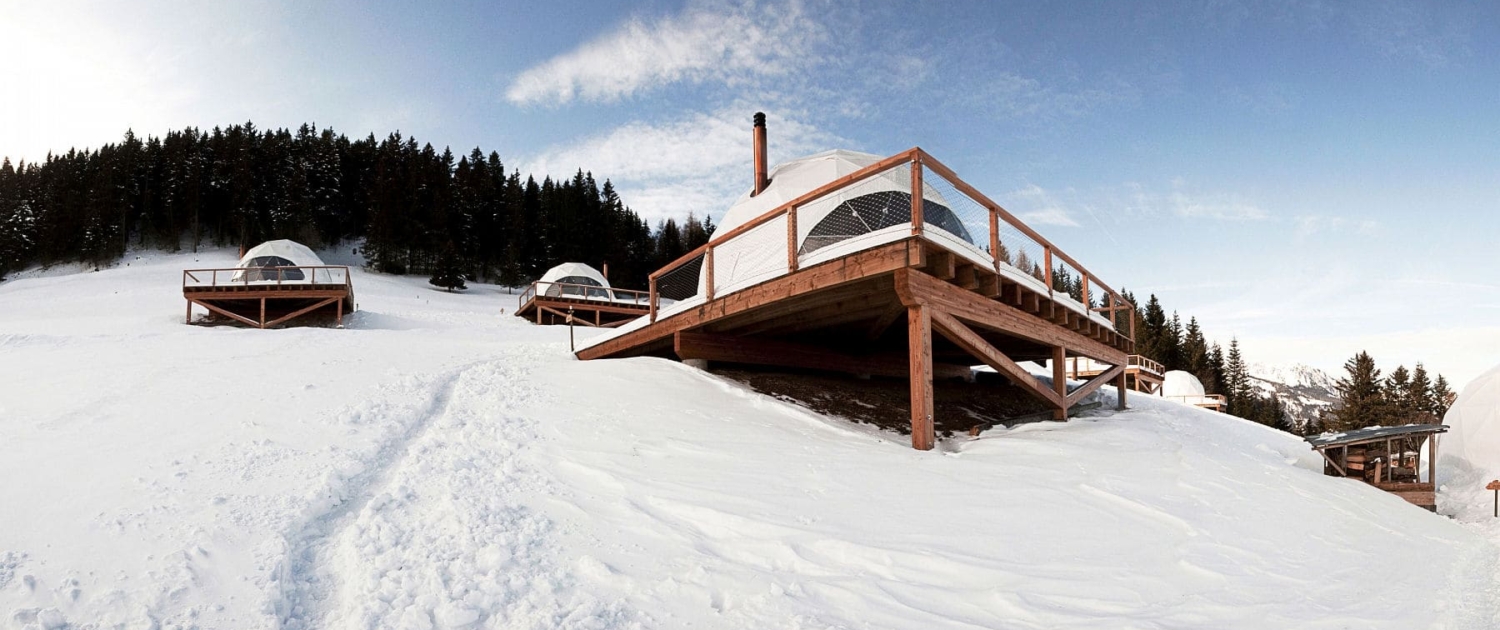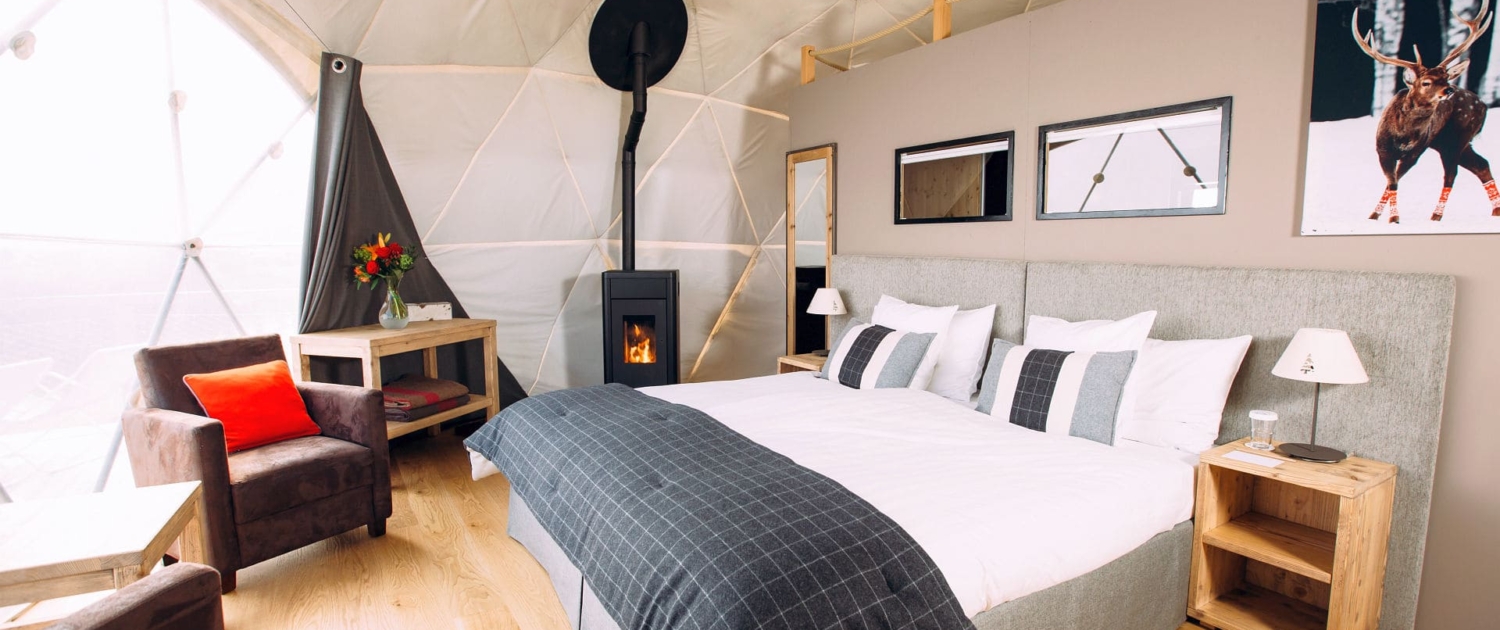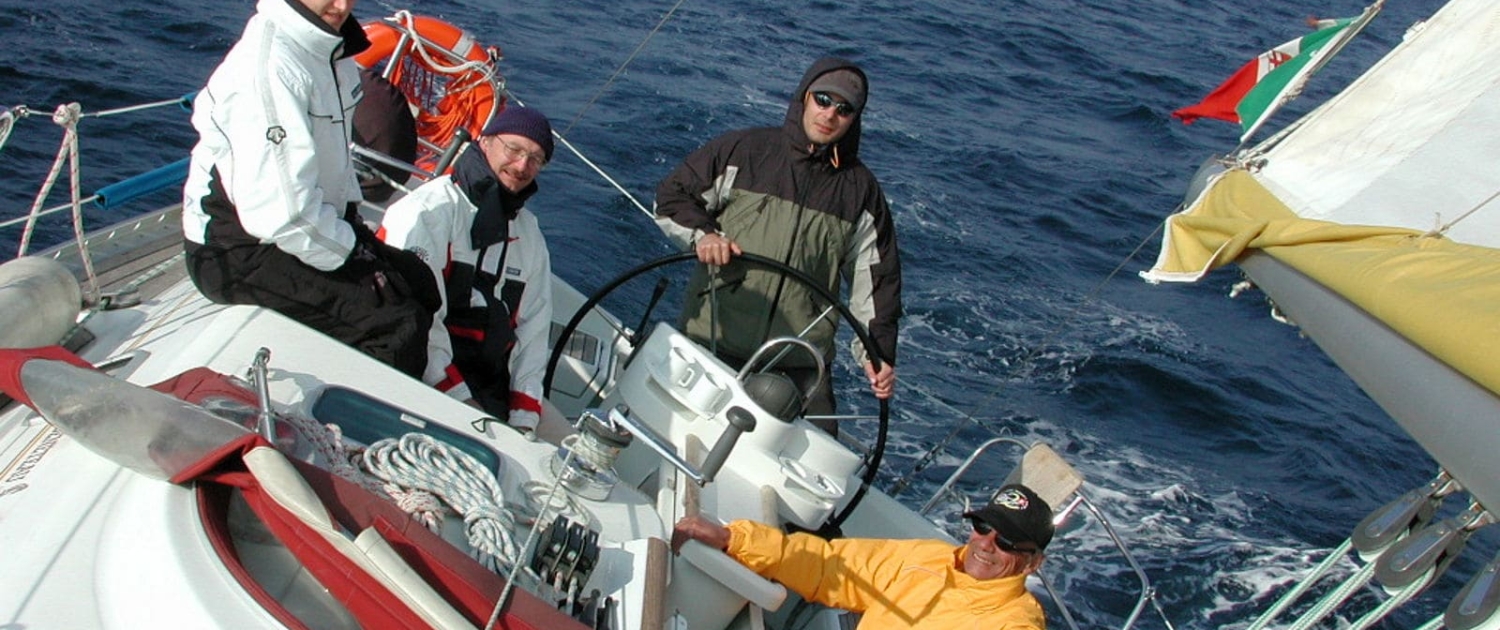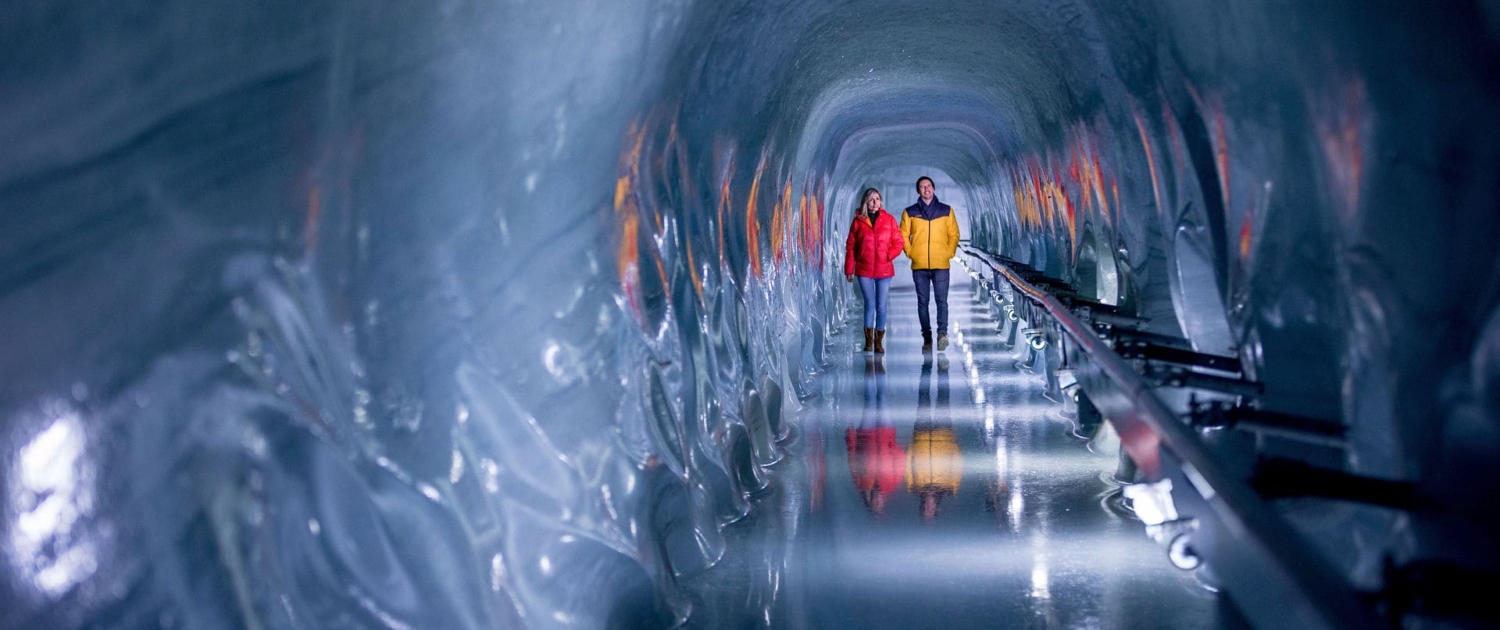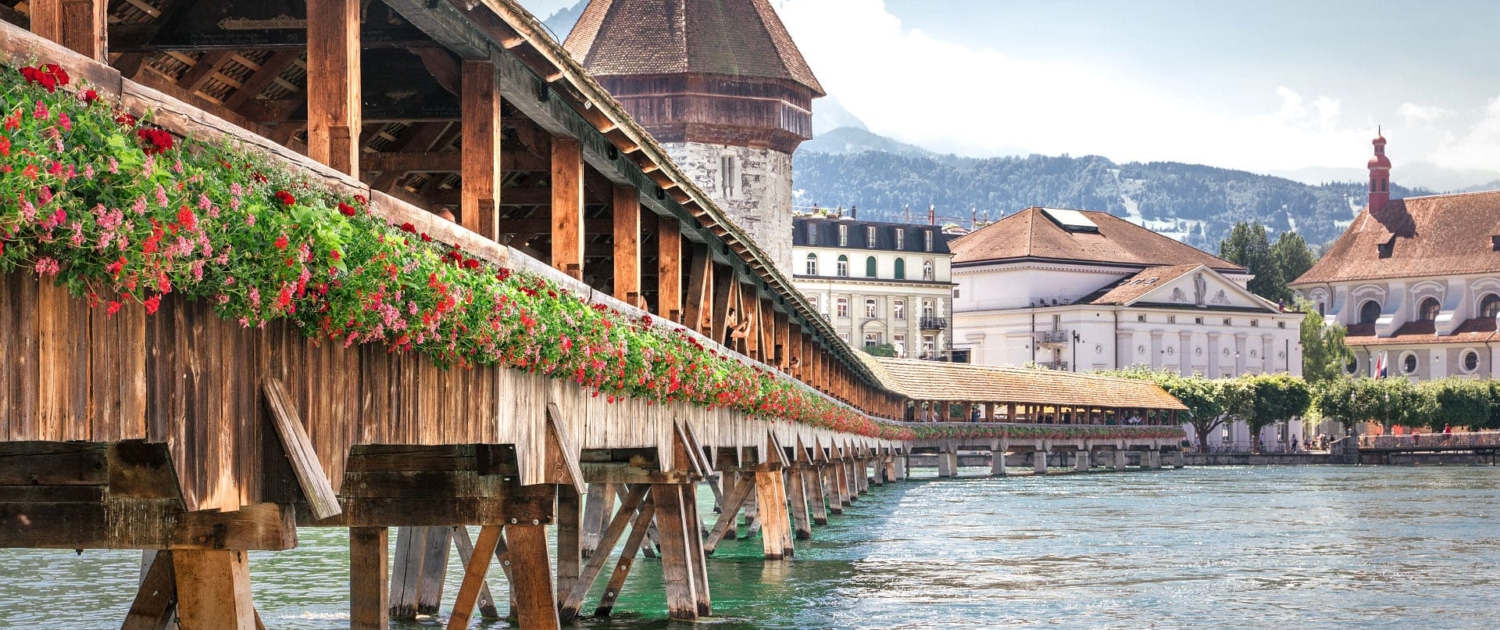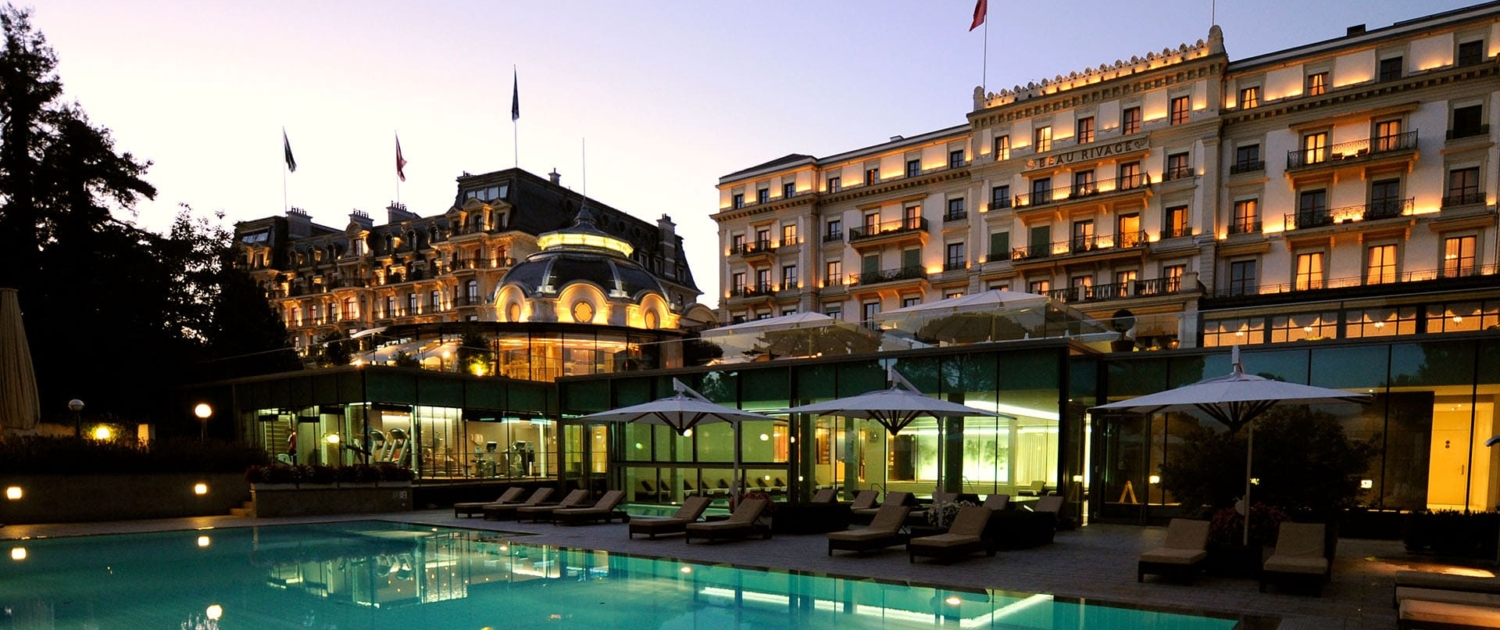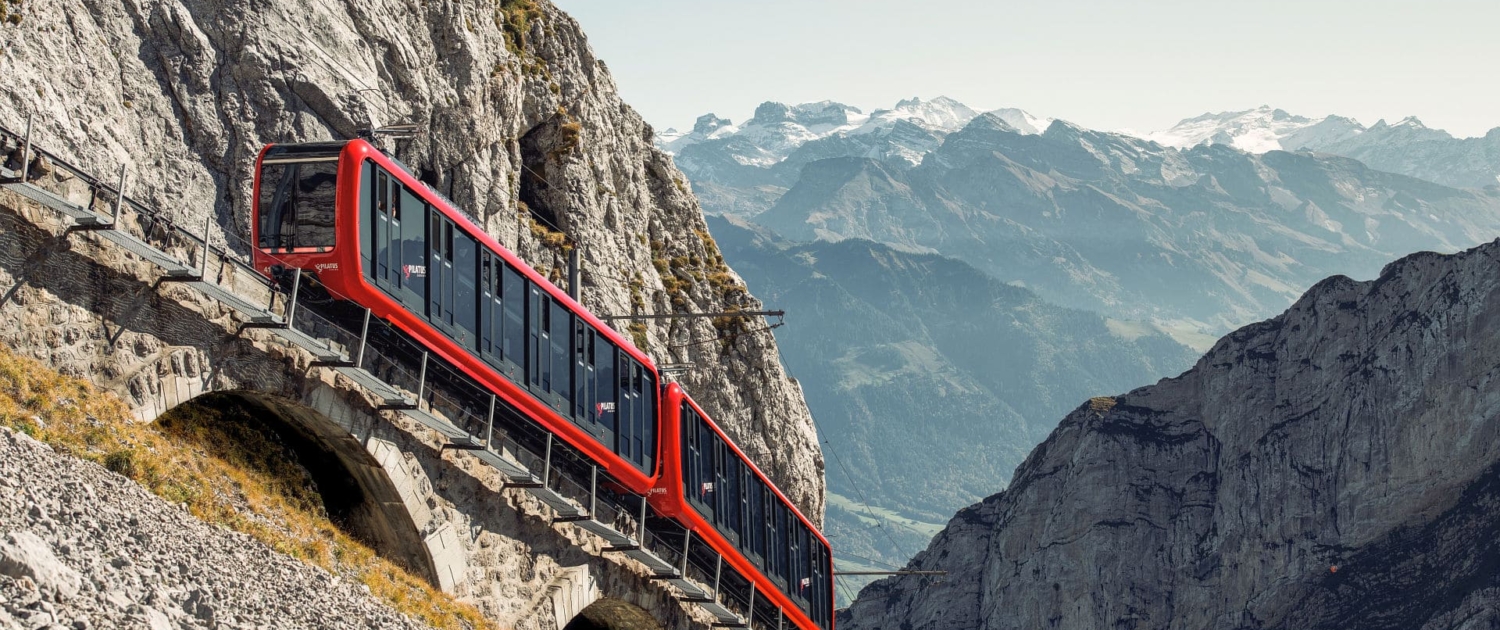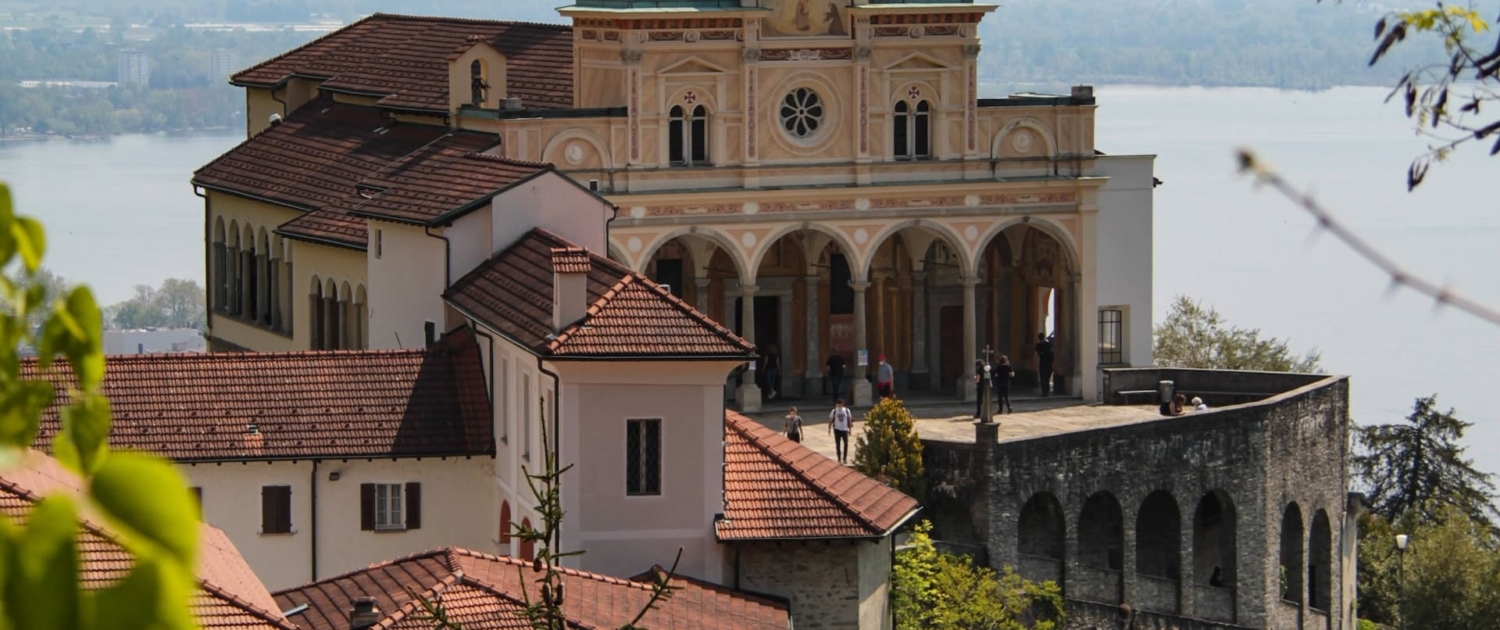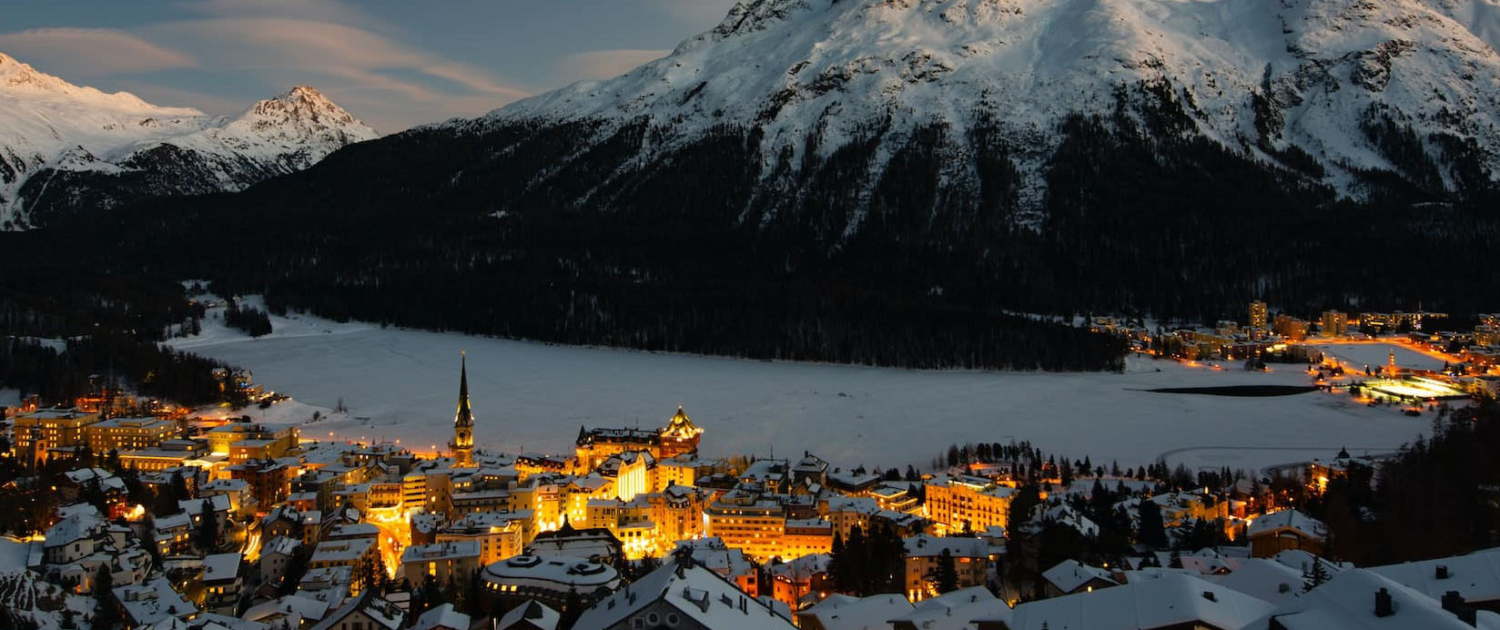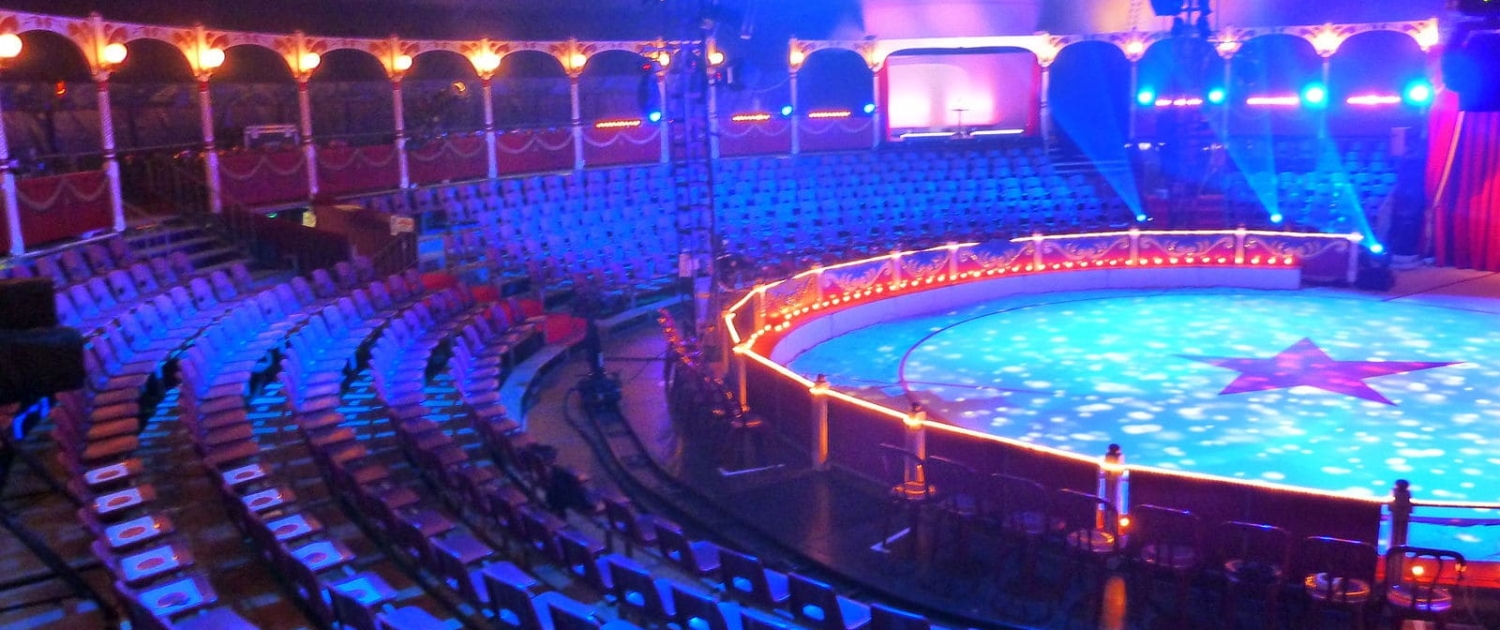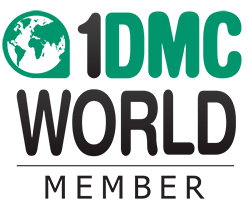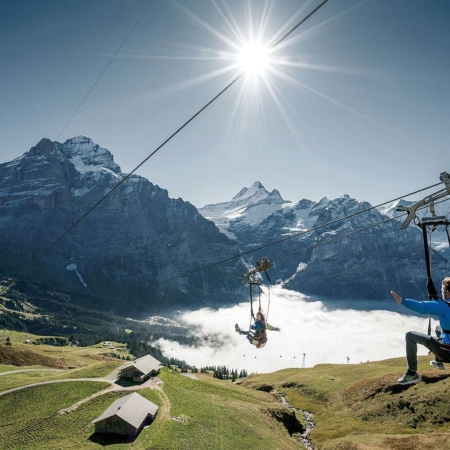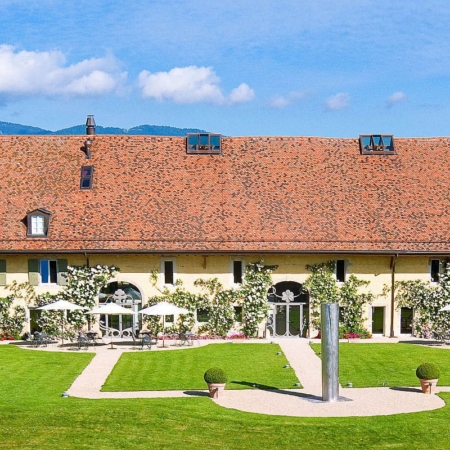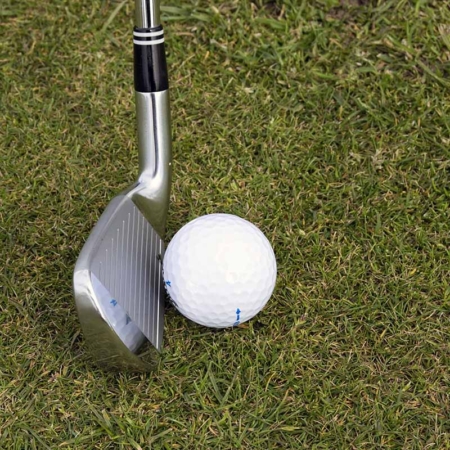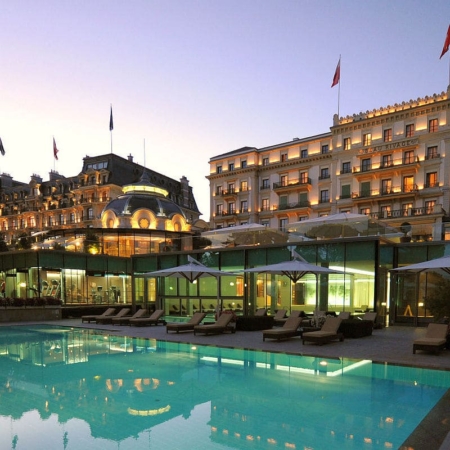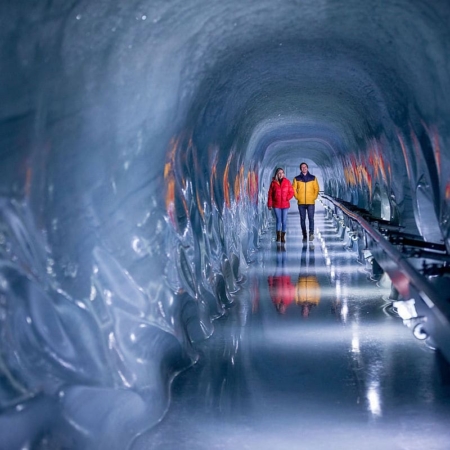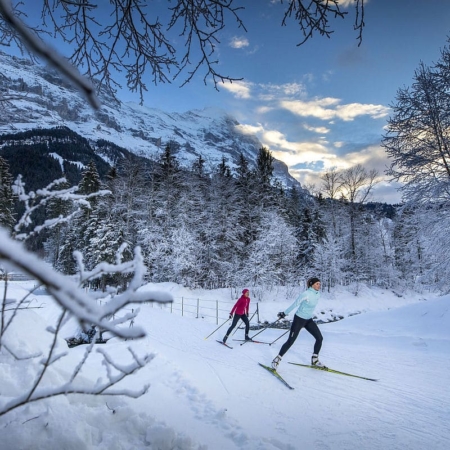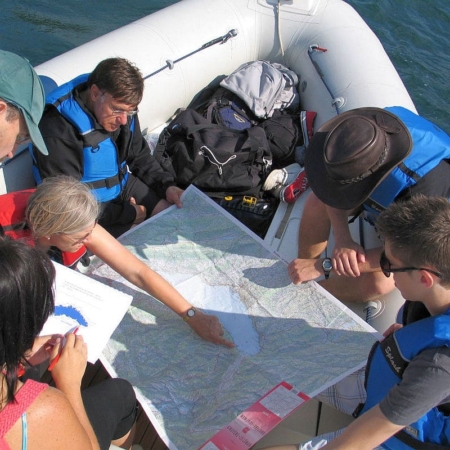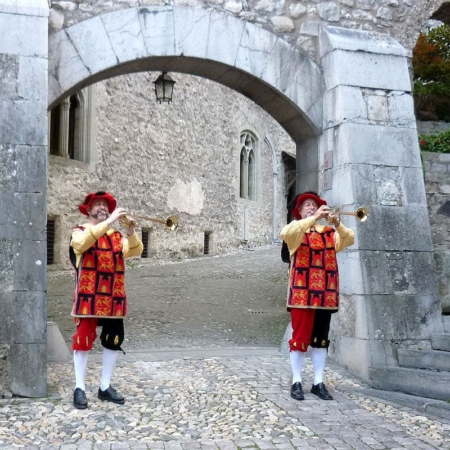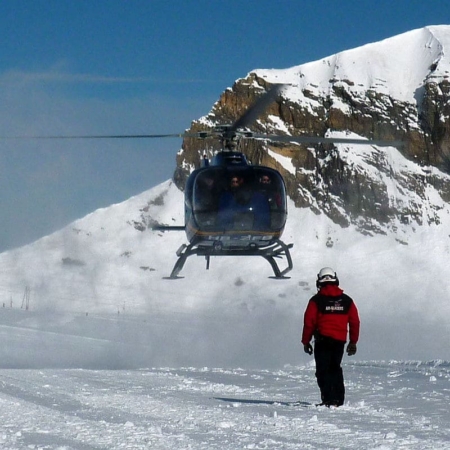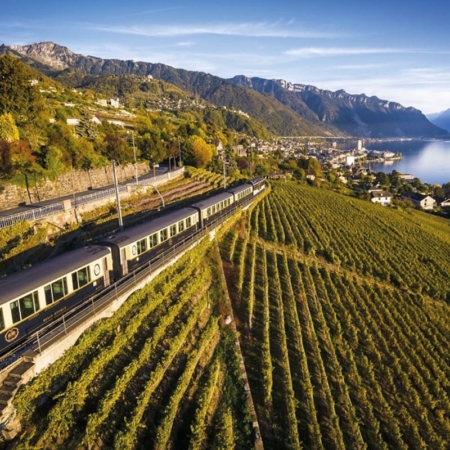Local time
GMT +1
Currency
Please note that the currency of Switzerland is still the Swiss franc, usually indicated as CHF. While Switzerland is not part of the European Union, and thus is not obliged to convert to the Euro, many prices are nonetheless indicated in euros so that visitors may compare prices.
Merchants may accept euros but are not obliged to do so. Change given back to the client will most likely be in Swiss francs.
The Swiss franc comes in the following denominations
Coins: 5, 10, 20, 50 Cents and 1, 2, 5 Francs
Bank notes: 10, 20, 50, 100, 200, 1000 Francs
Airports
– Zurich – Main international hub for flights to/from all over the world.
– Geneva – 2nd largest international airport in Switzerland
– Basel, Berne and Lugano are local airports with European connections
Languages
Switzerland has four unevenly distributed languages and a wealth of dialects, but English is widely spoken in the major cities and resorts but not in the country side.
German (63.5 %)
German is by far the most widely spoken language in Switzerland: 19 of the country’s 26 cantons are predominantly (Swiss) German-speaking.
French (22.5 %)
French is spoken in the western part of the country, the “Suisse Romande.” Four cantons are French-speaking: Geneva, Jura, Neuchâtel and Vaud. Three cantons are bilingual: in Bern, Fribourg and Valais both French and alian (8.1 %)
Italian is spoken in Ticino and four southern valleys of Canton Graubünden.
Rhaeto-Romantsch (0.5 %)
Romantsch is spoken in the only trilingual canton, Graubünden. The other two languages spoken there are German and Italian. Romansch, like Italian and French, is a language with Latin roots. It is spoken by just 0.5% of the total Swiss population.
Other languages (6.6 %)
The many foreigner’s resident in Switzerland have brought with them their own languages, which taken as a whole now outnumber both Romansch and Italian. The 2000 census showed that speakers of Serbian/Croatian were the largest foreign language group, with 1.4% of the population.
Climate
The climate is moderate with no excessive heat, cold or humidity.
From July to August the daytime temperature range is 18 to 28 °C (65° – 82° F) and from January to February the range is -2 to 7 °C (28° – 45° F). In spring and autumn, the daytime temperature range is 8 to 15 °C (46° – 59° F).
Depending on the altitude the temperature range may vary. It is highly recommended to visitors to pack a sweater, good walking shoes, sunscreen, sunglasses, a compact umbrella and/or a light rain coat.
Seasons
The seasons are clearly distinguishable.
In autumn (Sept – Nov), the fruit ripens and the leaves of deciduous trees change color.
The winters were traditionally cold and snowy, but now freezing temperatures and snow are no longer the rule, especially in the lowlands. Nowadays, many ski resorts could hardly survive without artificial snow.
In spring (March – May) the trees blossom and the meadows turn green. Sometimes in April the winter returns for a short period and sometimes there are summer conditions as early as May.
Summer temperatures rise to 25 to 30°C, with temperatures exceeding the 30°C mark during hot summers.
Electricity
The voltage in Switzerland, as in most of Europe, is 230V/50 Hz.
Switzerland uses type C (2-pin) and Type J (3-pin) plugs. (Type C 2-pin plugs also fit J sockets.)
Most power sockets are designed for three pin round plugs. The standard continental type plug with two round pins, applied for many electrical travel products, may be used without problems. Adaptors are available in most hotels.
Shopping
Switzerland’s superb products make it a shopper’s paradise. English is spoken in most shops and department stores. Any stay in Switzerland is incomplete without buying a famous Swiss watch. Fine watches come in an infinite variety and are generally less expensive than in others countries. Bucherer is the country’s biggest and most famous watch retailer offering a wide range of watches from CHF 50 to 100’000.
Typical products and souvenirs
Swiss chocolates come in a variety of sizes, shapes and flavors. Excellent buys are: textiles, embroideries, fine handkerchiefs, linen, precision instruments, drafting sets, multiblade pocket knives, music boxes, woodcarvings, ceramics and other handmade items as well as antiques and art books.
VAT tax
The VAT tax you pay on purchased goods in Switzerland is 8%. You may ask at the shops for your Global Blue Cheque and reclaim the VAT. Global Blue offers you a swift and safe cash refund system at Zurich and Geneva airports as well as at all major airports in Europe and all major road exit points. All major Credit Cards are accepted in fine shops and most department stores.
Office hours
Shops are usually open from 9 am to 6.30 pm on weekdays and from 9 am to 4 pm on Saturdays. Once a week they extend their hours to 9pm. They are closed on Sundays except for those at airports, at some railway stations and highway rest stops.
